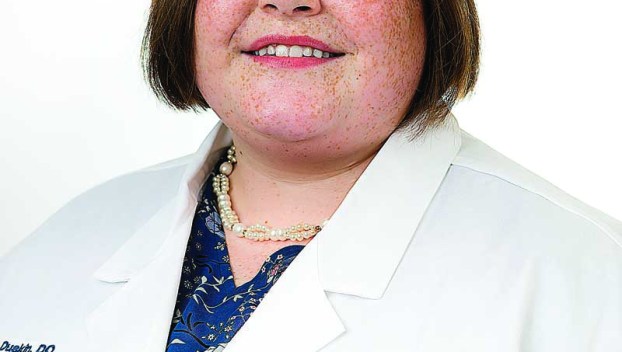
Local News
MEDICAL COLUMN: What is hypothyroidism?
Do you have symptoms of fatigue, depression, weight gain, dry skin, thinning body hair, or constipation? Many adults ... Read more

Do you have symptoms of fatigue, depression, weight gain, dry skin, thinning body hair, or constipation? Many adults ... Read more